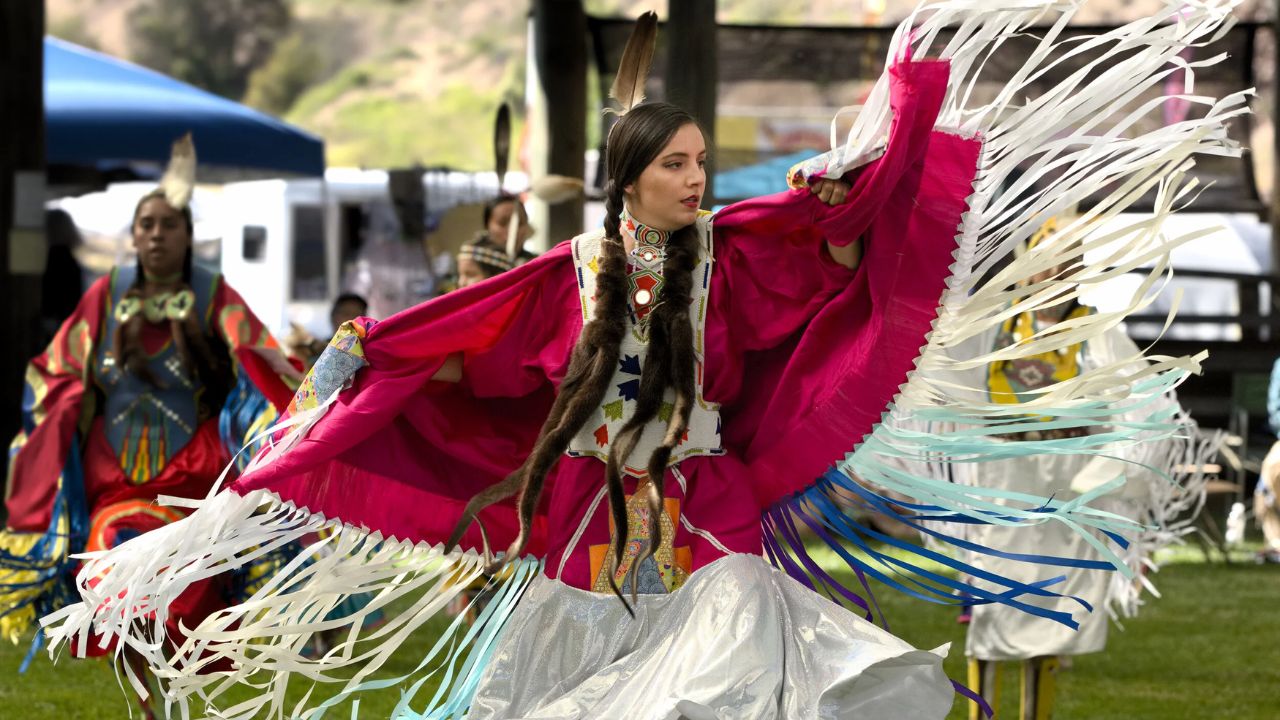Supporting Indigenous Education Through State Initiatives
The Michigan Department of Education leads the charge by providing a robust suite of Indigenous education resources. These include curriculum guides and policy frameworks designed to aid educators in representing Native American heritage authentically. Their approach fosters stronger connections to local tribal communities and promotes respect for Indigenous cultures within schools.
Complementing this is the Native American Heritage Fund (NAHF), a critical state-tribal partnership focusing on improving curricula related to Native American history. NAHF notably advocates against offensive mascots and imagery, ensuring educational content is both accurate and respectful.
Culturally Relevant Programs and Advocacy Organizations
Detroit’s American Indian Health and Family Services (AIHFS) offers the Dream Seekers Youth Program, providing culturally relevant support for Native American students and families. This program helps create inclusive school environments and offers teachers concrete strategies for integrating Native culture into their classrooms.
Additionally, the Michigan Indian Education Council (MIEC) organizes an annual statewide conference, advocating for the inclusion of Native American history and culture in the educational curriculum. The Council’s resources empower educators and students alike to engage meaningfully with Michigan’s Native communities.
Tribal Colleges and Libraries: Guardians of Culture and Knowledge
Michigan’s tribal colleges and libraries serve as cultural pillars offering unique educational opportunities:
- Bay Mills Community College (BMCC): The state’s first tribally controlled community college, focused on Anishinaabek culture.
- Keweenaw Bay Ojibwa Community College (KBOCC): Dedicated to Ojibwe traditions and educational programs.
- Saginaw Chippewa Tribal College (SCTC): Emphasizes the Anishinaabe culture and the Seven Grandfather Teachings.
- GTB Heritage Library & LTBB Cultural Library: Houses extensive collections on Native American history, culture, and oral traditions.
Immersive Cultural Experiences at the Ziibiwing Center
Located in Mount Pleasant, the Ziibiwing Center of Anishinabe Culture & Lifeways is a tribal-run museum that offers immersive educational experiences through exhibits, workshops, and cultural programs. It is an invaluable resource for students and educators who wish to explore Anishinaabe history and contemporary life through a hands-on approach.
University Research Guides Foster Academic Engagement
Higher education institutions in Michigan provide detailed research guides geared towards deeper scholarly inquiry into Native American and Indigenous studies:
- Michigan State University Libraries: Offers the American Indian and Indigenous Studies Research Guide with bibliographies and digital collections.
- University of Michigan: Provides Indigenous Resources Guides that connect researchers with tribal colleges, cultural libraries, and community organizations.
Nokomis Learning Center: Preserving Anishinaabe Traditions
In Okemos, the Nokomis Learning Center is dedicated to the preservation and presentation of Anishinaabe culture. Offering educational programs, exhibitions, and special events, it supports field trips and teacher enrichment focused on Indigenous history, traditions, and contemporary issues.
Key Takeaways: Michigan’s Commitment to Native American Heritage Education
- Educational resources span from government programs to tribal educational institutions and cultural centers.
- Initiatives like the Native American Heritage Fund work to promote cultural respect and authentic representation in curricula.
- Programs such as AIHFS’s Dream Seekers Youth Program provide culturally relevant support for Native students and educators.
- Tribal colleges incorporate Indigenous traditions deeply into academic offerings.
- Museum and cultural centers like the Ziibiwing Center provide engaging, immersive experiences.
- University research guides enhance academic study and understanding of Indigenous histories and cultures.
“These resources play a crucial role in ensuring that Native American heritage is taught with the respect and depth it deserves, fostering understanding and appreciation among students across Michigan,” experts note.
What do you think about these vital educational resources? Have you utilized any in your teaching or learning journey? Share your experiences and thoughts in the comments below.




